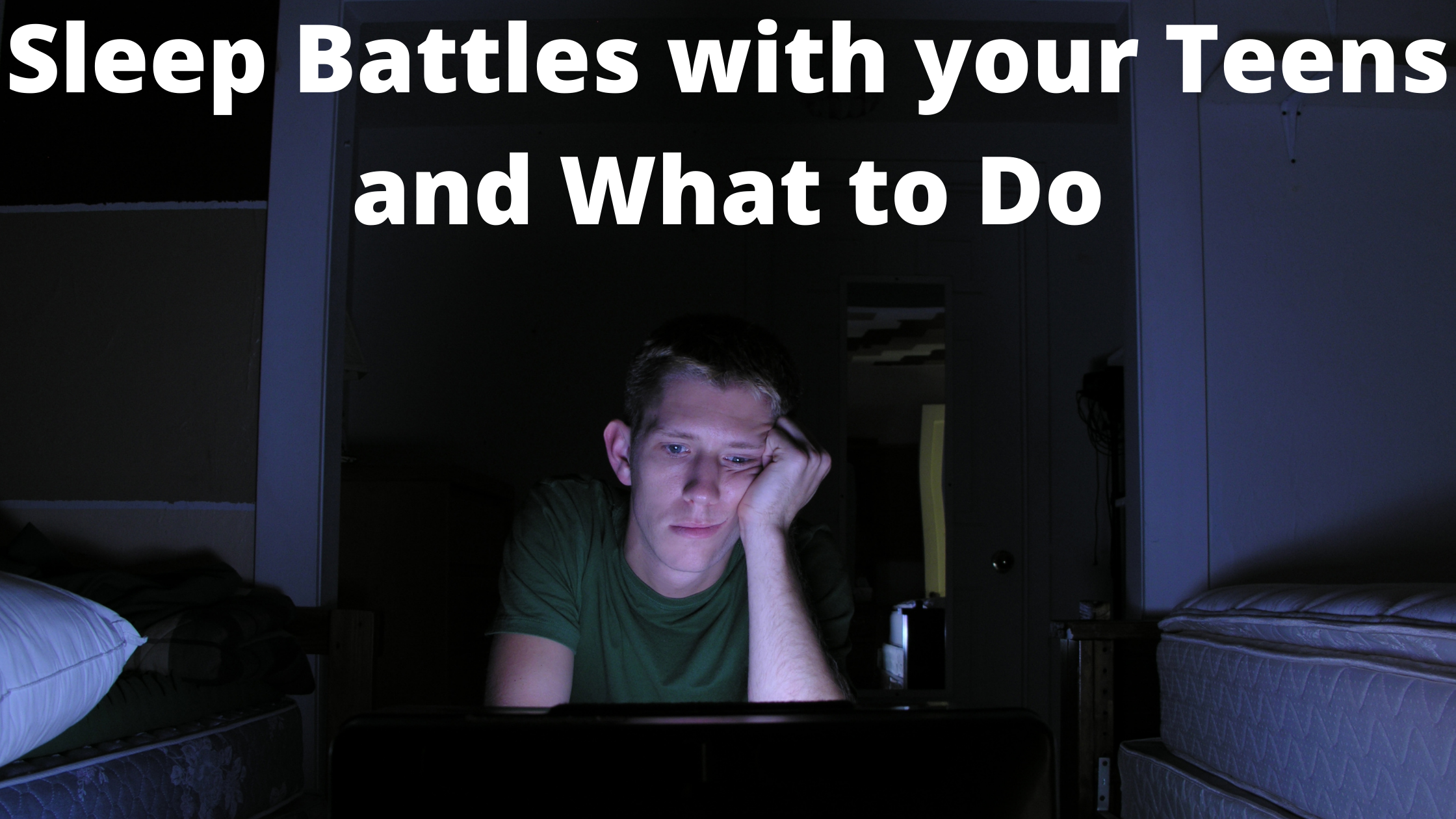As adults who never seem to get enough sleep, it can be easy to get frustrated over teens who seem to not realize the importance of sleep or take advantage of their freedom to go to sleep as early as they want. Fights over when children go to sleep can create unnecessary conflict and irritation in your household when the best approach may be to just leave them alone and let them sleep whenever they want. This is counterintuitive for the reasons listed below, but it may be time to throw in the towel and focus on something else in your child's life. Continue reading to find out more on how to let go of the sleep battle with your teen.
Why children's sleep schedules are so important to parents
When parents start raising their children, one key indicator if it's going well is how well children sleep. Saying "My child slept through the night in the first month", can be really exciting news to share because it seems like a measurable outcome of parenting skills.
Once children grow out of the infant and into the toddler phase, sleeping may become more normal and the fights over sleeping may reduce. However, once children hit puberty, the fights may start all over again.
Parenting becomes even harder in the age of comparison. Access to other parents may create feelings of doubt or insecurity if children are at different stages of development. Comparison is definitely parents' biggest downfall, but with social media, it's almost impossible to not find yourself comparing yourself to someone else's benchmark.
It's important as you are raising your child to remember two very important things: every child is different and people on the internet are not always honest. Even between your own children, if you have multiple ones, you can have major differences. Keep this in mind and remember that your child and their development is unique, so to compare them to anyone else is futile.
Sleep changes in adolescence
When children transition into puberty, their sleep also changes. They may become more of a night owl, even if they used to be early birds prior to the beginning of puberty. Understanding these changes may help parents to relax about being so stringent on when children go to bed.
It's also important to realize that children may handle sleep shortages better than parents can. So, if you only get six hours of sleep and know how bad that feels, your child may not experience just as much hurt the next day. So if they have a few nights where they are not getting optimal number of hours of sleep, then that's okay.
What parents can control
The biggest thing when trying to get your child to go to sleep is to control what you can control. You cannot force your child to go to sleep, but you can have a sleep-promoting environment. This means removing devices, keeping spaces dark and cool, and making sure that most of the activities they do in their room consist more of rest than anything else.
A TV in their room is fine as long as it is across the room as TVs as close as 18-inches from their face can severely disturb sleep.
It's also important to realize that children are very much "monkey see monkey do." This means that if they see you prioritize sleep, then they may follow suit. It's hard to take someone seriously about the importance of sleep when they don't sleep.
Prioritizing your sleep is also important for maintaining your mood, health and wellbeing. This can provide you with more patience so you can have conversations with your children about their sleep and maintain some peace regarding the understanding. If you focus on yourself and make sure you're happier and more relaxed, then this will definitely benefit your relationship with your child so your messages come through a little louder.
If you or your children are having severe sleep issues that may not be related to changing circadian rhythms with age, then click the orange button below to take a free online sleep test.
https://www.cnn.com/2021/10/15/health/teen-sleep-schedule-wellness/index.html


